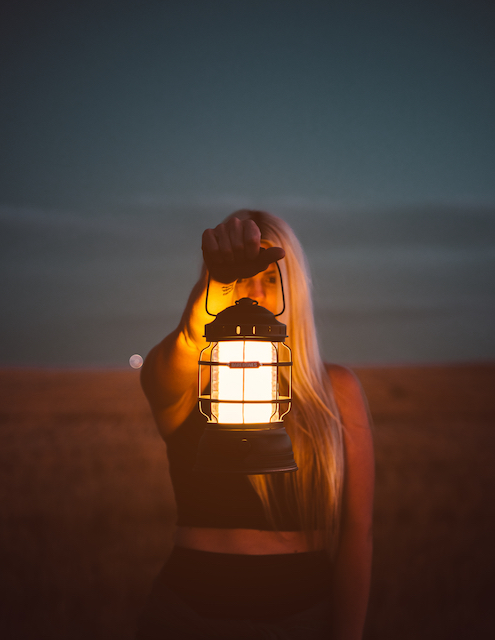The pain I’ve experienced over the past few years has been unimaginable. I wouldn’t wish it upon my worst enemy.
From the constant aches, to the incessant fatigue, to the loneliness…it has been hell. Pure and unadulterated hell on earth.
No matter where I go, this illness follows. I can’t escape it. I cannot run away. There’s no solace from this, no consolation, no redemption to be had.
Living with chronic illness is like being in a constant state of war. I cannot rest, for if I do I’ll be overcome by it all. I will be destroyed. I will be torn down, and I cannot accept that.
I can’t let it win. It can never win.
They say pain is temporary, but this hasn’t been the case for me. The pain has been entirely unrelenting, ceaselessly forceful. It doesn’t stop.
I wake up and think, “What must I do? What is the answer? How must I proceed?”
How am I to live? How am I to be dignified? How am I to be happy?
There has only been one conclusion that I’ve come to, one sentiment that reigns supreme among others and always gives me hope.
Krishnamurti said, “Be a light to oneself.”
His words emanate sheer power. Wisdom. Sanity.
Be a light to oneself. Let the inherent brightness of our own consciousness be that which shines light on the path for us. Let ourselves be guided by our own embedded awareness.
When I stare down the abyss, this is what I repeat to myself.
We must be our own light, our own inspiration, our own guiding spirit. We must deputize our own state of being.
No loose notion, religious doctrine, or authority figure can make sense of this all for us. It is us, or rather the pure awareness that underlies all of our movements through life, that can carve out the path. Society will not help us. We are the light.
So, how do we uncover this light within ourselves?
I try to bring awareness to the movements of my thoughts. When we observe the fluctuations of our own minds, attend to our thoughts, we come to recognize rather clearly that we are not our thoughts, we are not simply a series of mental processes. What we are is much more than that. We are the awareness itself. That is our true identity.
We are the consciousness, not the particular thought patterns that seem to drive us.
Try this. Stop for a moment and bring all of your attention to the conversation that is happening in your head. If this can truly be achieved, if we can truly attend to our inner processes and conditioned patterns rather than merely be coerced and controlled by them, then we come to embody pure awareness. We become the light.
We must allow ourselves to simply observe what is happening. To observe ourselves with total impartiality and objectivity is to be aligned with our true nature.
When I engage in this practice, I can feel much more deeply. Things make more sense. A kind of clarity and abundance comes to flow through me, and in that I forget about my particular life situation, lose sight of whatever pain I happen to be dealing with while I abide in pure experience.
This is to say that there is nothing outward that needs be sought in this sense. The awareness, the wisdom, the power is contained within us—it is merely a matter of uncovering it and allowing it to manifest freely.
When I stopped looking, I found it.
I found what I was looking for, or rather, realized that what I was looking for I’ve had all along. I don’t need to “do” anything to get through my illness, at least not in any deep sense. It is the latent consciousness that I am most fundamentally that will guide me through this experience. It is the pure state of perception that I am beneath the continuous flux of my mind that will shine the light.
~
“One has to be a light to oneself; this light is the law. There is no other law. All the other laws are made by thought and so are fragmentary and contradictory. To be a light to oneself is not to follow the light of another, however reasonable, logical, historical, and however convincing. You cannot be a light to yourself if you are in the dark shadows of authority, of dogma, of conclusion.” ~ Krishnamurti
https://www.youtube.com/watch?v=nYLNbZGpDmE
~
Author: Samuel Kronen
Image: Matthew Brodeur/Unsplash
Editor: Catherine Monkman









Read 0 comments and reply